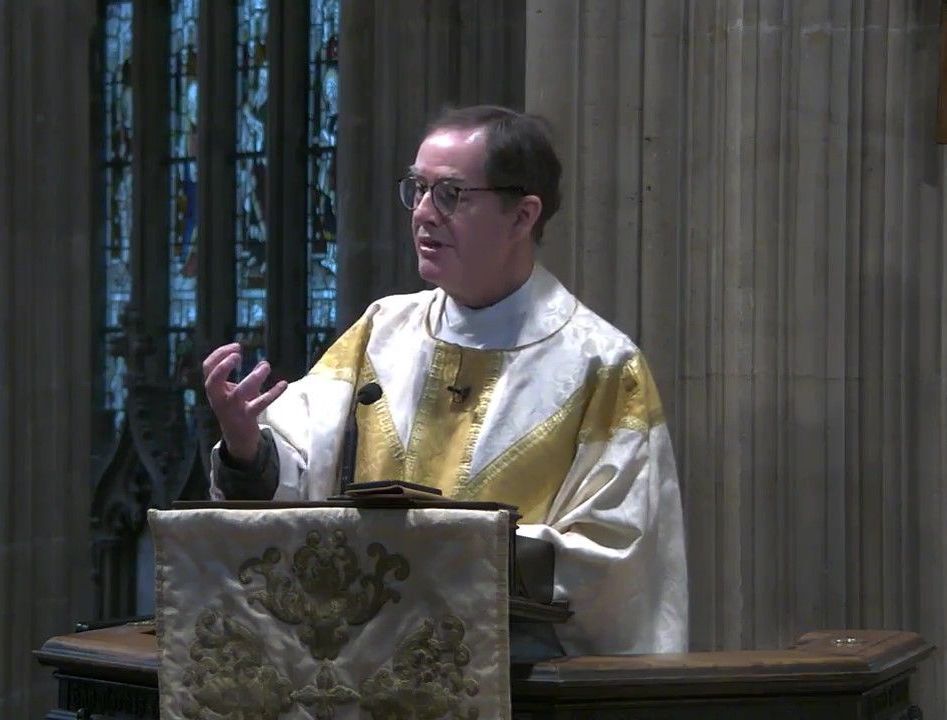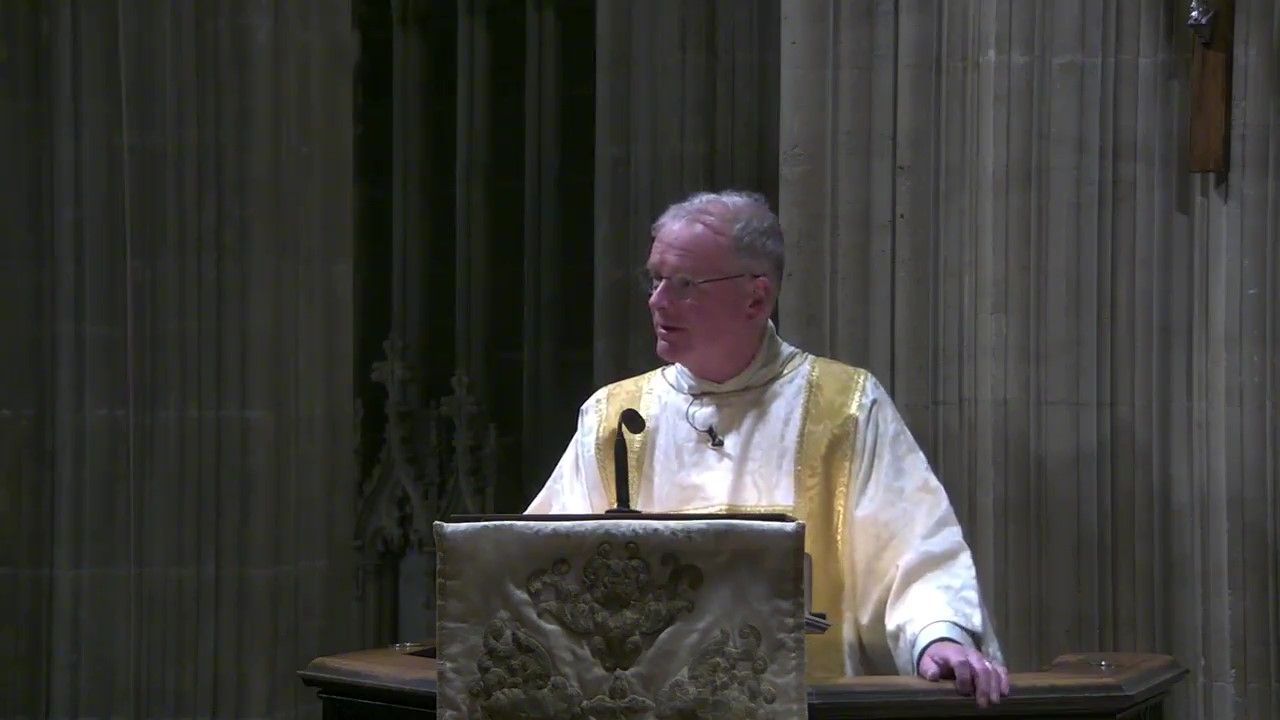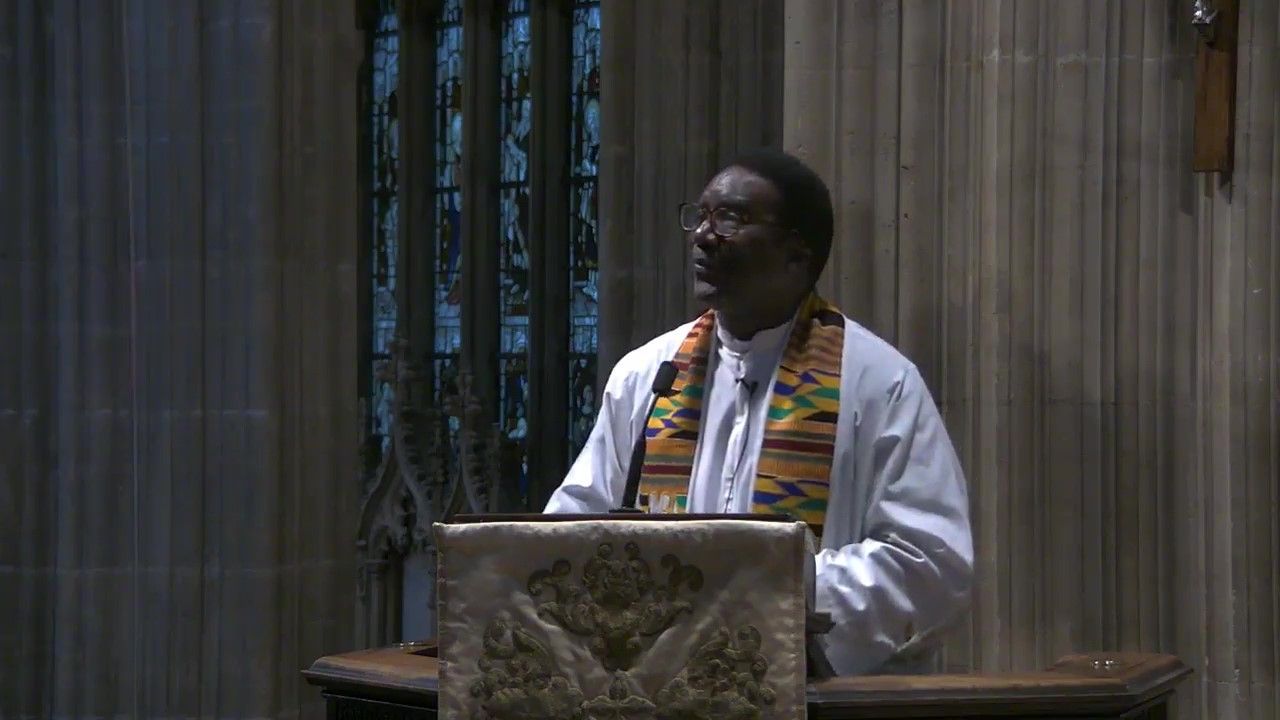Changing the perspective
For me, this Sunday's gospel passage is one of the most significant ones we read. Let's remember the context first. Jesus was born into a Jewish family in the first century and raised within that socio-political context. We know he was aware of the issues of the day, of the enmity between different groups and of the dangers that accompanied people on various routes out of Jerusalem: all this is made clear in (what we know as) The Story of the Good Samaritan.
As a fully human being, it is not unreasonable to assume that the way he was raised and the community that raised him, formed him to be much like many other people of his day - notwithstanding the extraordinary nature of his being 100% divine as well and the Son of God! But let's focus on his humanity for the moment.
In the gospel for Sunday, (Matthew 15.21–28) Jesus is confronted by a Canaanite woman who pleads for the healing of her daughter. She is not surprised, or defeated, by what happens next: the disciples urge Jesus to get rid of her and Jesus, rather than being filled with pity or compassion, dismisses her by saying "I was sent only to the lost sheep of the house of Israel."
Not surprised and certainly not defeated, this woman, this foreigner, who is unnamed (each element of which would put her further towards the edge of society) seemed to know that would be Jesus' response. It's probably the kind of thing she had been hearing all her life: Who am I that I should be bothering with you!
She will not be cowed, and she pleads again: "Help me".
And it is at this moment where, some argue, we see the unvarnished humanity of Jesus. A humanity belies "Gentle Jesus meek and mild" and betrays his upbringing, his culture, his understanding of who he is in society. His second word to this desperate woman is little short of brutal: "It is not fair to take the children’s food and throw it to the dogs"
But her daughter is troubled by demons. And, driven by a mother's love, somehow seeing or knowing or perceiving that her daughter's wholeness can be found in Jesus, she speaks from the edges of society to the heart of power and authority: "Even the dogs eat the crumbs that fall from their masters’ table."
Some argue that this is all about Jesus setting a test to see just how much the mother loves her daughter, just how far she is prepared to go to bring about the desired outcome. Others claim that this is Jesus being confronted with his past and, possibly through the influence of divine imagination, changing his perspective on life and thus changing his mind.
We've heard a lot about Michael Parkinson over the last couple of days. Last night I watched "Parkinson at 50" made a couple of years ago to mark the anniversary. In it he says that his favourite interview was with Jacob Bronowski who, in 1973, made the documentary series "The Ascent of Man". A clip was played of the interview in which Bronowski described how he decided what he would say at the end of a segment filmed in Auschwitz. In the end, all he said was a quote of Oliver Cromwell: "I beseech you, in the bowels of Christ, think it possible you may be mistaken."
Dan Tyndall
18 August 2023





